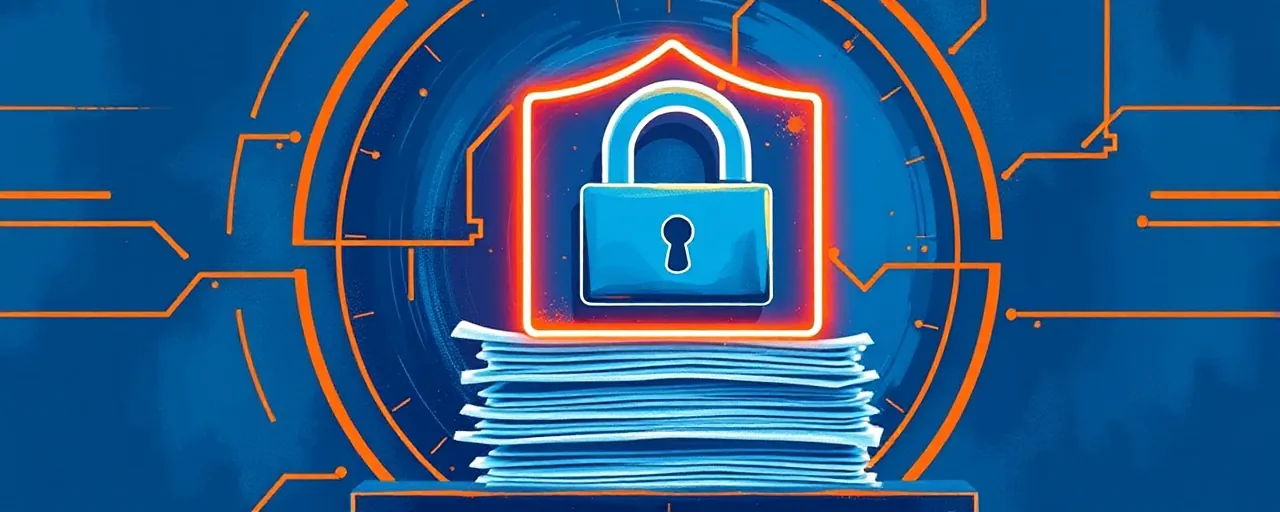A Win for Honest Taxpayers
Yesterday, a federal court in Ohio dropped the hammer on Michael Craig, a Columbus tax preparer who thought he could game the system. Permanently barred from preparing returns or running any tax business, Craig’s days of fleecing hardworking Americans are over. The Justice Department’s Tax Division, with its latest victory, sent a loud message: if you cheat the tax system, you’ll pay a steep price. This isn’t just a win for the government; it’s a triumph for every citizen who plays by the rules and funds our nation’s priorities, from strong borders to a robust military.
Craig’s scheme was as bold as it was crooked. Fictitious businesses, inflated deductions, and outright lies on tax forms added up to a staggering $3.1 million loss in 2022 alone, according to the IRS. That’s money ripped from the Treasury, funds that could’ve gone to rebuilding infrastructure or bolstering law enforcement. Instead, it lined the pockets of a fraudster who preyed on trusting clients. The court’s order, forcing Craig to notify everyone he’s duped since 2022, is a rare dose of accountability in a world where too many get away with too much.
The IRS Steps Up, But Challenges Linger
The IRS isn’t sitting idly by while scammers like Craig run rampant. Its Criminal Investigation unit has sharpened its tools, using data analytics and undercover stings to nail fraudsters with a 90% conviction rate in federal cases. Just look at recent wins: a Mississippi preparer hit with a $1.96 million restitution order, another slapped with $10.2 million for pandemic-era scams. These aren’t small-time crooks; they’re sophisticated operators draining billions from the tax base. The annual tax gap, pegged at over $450 billion, shows how high the stakes are.
Yet, for all its successes, the IRS faces real hurdles. Budget cuts have left it scrambling, and enforcement can lag when preparers cry financial hardship to dodge penalties. History proves this isn’t new; decades of battling tax cheats show systemic weaknesses, like delays in chasing down offenders. Still, the Justice Department’s injunctions against hundreds of shady preparers over the past decade signal a no-nonsense approach. Taxpayers deserve an agency that fights as hard as they work, not one bogged down by red tape or excuses.
Fraud’s New Face: Technology Strikes Back
Tax fraud isn’t what it used to be. Gone are the days of scribbled lies on paper forms; now, it’s AI-driven phishing and deepfake IRS agents trying to trick you. In 2024, the feds uncovered $9.1 billion in tax-related scams, a jaw-dropping figure fueled by tech-savvy criminals. They’re automating credential theft and crafting scams so convincing even the sharpest taxpayers might bite. Schedule C fraud, like Craig’s fake business losses, remains a favorite trick, exploiting the system to offset income with nonexistent expenses.
The IRS fights fire with fire, deploying pattern recognition algorithms to catch these schemes early. Voluntary disclosure programs offer a lifeline to taxpayers duped into fraud, but the real fix lies in prevention. Advocates for tougher oversight argue technology’s double-edged sword demands stiffer penalties and smarter defenses. Letting cybercriminals outpace the government isn’t an option; it’s a betrayal of every American who files honestly.
Don’t Fall for the Bait
Some say taxpayers bear the blame, that they should’ve known better than to trust a guy like Craig. Nice try, but that’s a cop-out. Most folks aren’t tax experts; they rely on preparers to navigate a labyrinth of rules. The IRS pushes its Directory of Federal Tax Return Preparers and free VITA programs, yet over 60% of hired returns come from non-credentialed hands. Why? Because slick operators promise big refunds and low fees, preying on people stretched thin. Craig’s clients, hit with fake charitable deductions and inflated costs, likely had no clue until the feds came knocking.
The real scandal is how little protection exists against these wolves. Sure, the IRS offers tips: check credentials, avoid refund-based fees, demand documentation. But when fraudsters exploit trust, it’s not enough to wag a finger at victims. Policymakers in Washington need to quit coddling the system with half-measures and crack down harder on unregulated preparers. Anything less leaves honest taxpayers holding the bag.
Justice Prevails, and It’s About Time
Michael Craig’s ban is a wake-up call. The Justice Department’s relentless pursuit of tax cheats proves the system can work when it’s got teeth. Every dollar clawed back from fraud is a dollar returned to the priorities Americans value: national defense, job creation, law and order. This isn’t about soaking the rich or coddling the lazy; it’s about fairness. When scammers siphon off billions, they’re stealing from you, me, and every taxpayer who doesn’t cut corners.
Let’s not kid ourselves; the fight’s far from over. Technology’s evolving, and so are the crooks. But with the IRS tightening its grip and courts handing down ironclad injunctions, there’s hope yet. Taxpayers aren’t helpless; they can demand accountability, vet their preparers, and report the shady ones. Craig’s downfall shows what happens when justice catches up. It’s a raw, messy battle, but one worth winning for a nation built on integrity.
